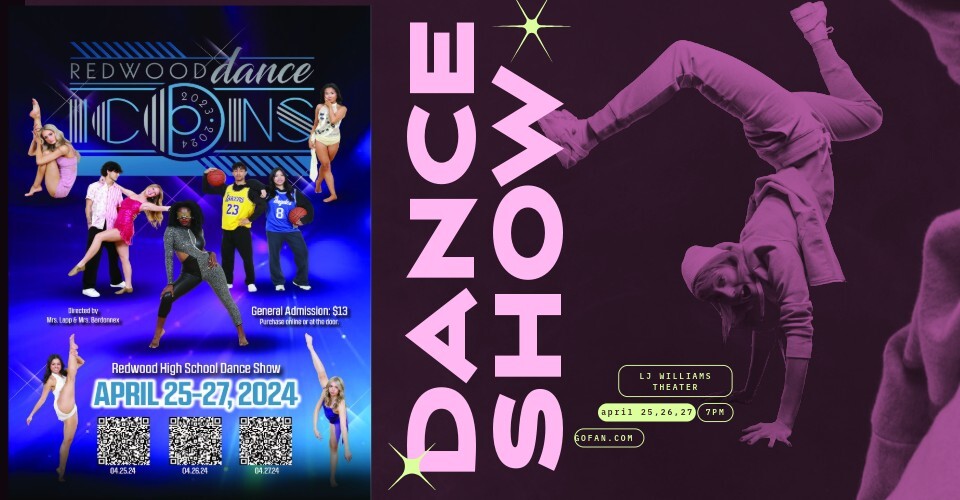When people picture Track and Field, they picture runners taking their marks on the track, ready to sprint their relay and get a new personal best. But what about the events scattered on the field? The hidden gems that take just as much time and dedication.
By Isabella Rojas
Track and Field events are not just about physical strength, but mental strength as well. This plays a big part in how well a person can perform during an event.
Since there are so many field events, someone who might not excel on the track, can still have an opportunity to shine with the wide variety of field events that are available to them.
Field events are often overshadowed by their counterpart, track events.
Events like shot put, discus, high jump, long jump, triple jump and pole vault, all take massive amounts of training. More often than not, they are not given as much credit for the amount of focus and training that goes into them compared to running events.

the RHS/Golden West dual meet
Photo Gigantea
Even though they regularly don’t receive as much attention as track, the people who do participate in field events continue to make progress in their events despite their recognition.
Miranda Seitz, ‘24, captain of pole vault, says “My biggest challenge is probably getting in my own way and not being confident in myself.”
Not only do people who do a field event have to worry about their training and mental well-being, they also have to worry about their physical well-being. A single injury could potentially put someone out for the rest of the season.
Since these athletes also have potential injuries to worry about, they might not push themselves as hard as they can to succeed.
Seitz says, “just trying to have confidence in myself and push through and tell myself I can do it even when I don’t feel like I can” is how she pushes past her self-made boundaries.
Seitz says, “I think for the average person it’s a lot harder than running because you can train to get faster, but it’s hard to train to do this type of stuff.”

RHS/Golden West dual meet
Photo Gigantea
Consistent and intense practice is an important piece to the track and field puzzle.
Field events are no exception to this.
Evan Galley, ‘24, captain of long and triple jump, says that it takes time and dedication. “Everyday, whether it be sprinting or jumping, we practice for an hour and a half,” says Galley.

the RHS/Golden West dual meet
Photo Gigantea
Being an athlete means devoting hours of time just to practicing and refining skills. Practicing and honing a skill is something that can take a long time to achieve and perfect.
Having the responsibility of training daily after school can translate into real life skills in the future. Landon Guenter, ‘27, says “[track] made me a better worker and makes me work harder.”

at the RHS/Golden West dual meet
Photo Gigantea
Every event requires different types of practices. Taylor McElree, ‘24, says that when they have practice for discus or shot put they have specific drills. “We do these things we call progressions. Basically just going through each step of the throw,” says McElree.
“I think it’s nice to take a break from football and basketball and be able to just compete with friends,” says Galley.
Tags: features, Isabella Rojas, rangers, Redwood, redwood gigantea, redwood high school, redwood journalism, redwood rangers, redwood sports, rhs, visalia ca


